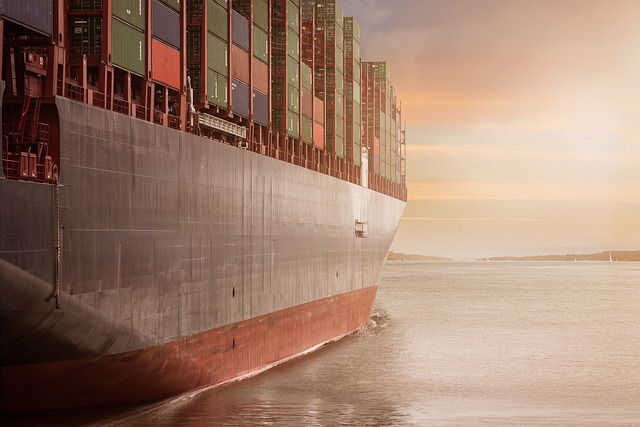
-
World Shipping Council expressed gratitude to Operation Prosperity Guardian coalition for addressing Red Sea maritime security crisis
-
Coalition’s mission critical in protecting seafarers and upholding freedom of navigation in the Red Sea region
-
International Maritime Organization secretary-general Kitack Lim condemned attacks on international shipping, emphasized the importance of protecting seafarers and maintaining global supply chain security
-
Globally operating companies rerouted commercial shipping in response to the threat, aligning with the Djibouti Code of Conduct to prioritize seafarer safety and minimize economic impact on world trade
The World Shipping Council (WSC) expressed gratitude to the member nations of the Operation Prosperity Guardian coalition in a move to address the maritime security crisis in the Red Sea region. This coalition, formed to tackle the security challenges in the area, plays a crucial role in safeguarding seafarers and upholding the fundamental principle of freedom of navigation.
“We are grateful that these nations have come together to protect seafarers and the vessels on which they serve, and we hope that the coalition will succeed in creating the necessary conditions for safe passage through the Red Sea,” the WSC said in a statement.
The mission of the task force is two-fold: to ensure the safety of seafarers and to defend the fundamental principle of freedom of navigation. The WSC emphasized the significance of these efforts, hoping that the coalition will succeed in establishing conditions conducive to secure travel through the Red Sea.
RELATED READ: Red Sea security disrupts global cargo, expected rate hikes and transit impacts
WSC CEO John W. Butler highlighted the crucial role seafarers play in global trade. “On behalf of our member carriers, I particularly want to stress the importance of the coalition’s action to defend the safety and lives of our seafarers—the thousands of men and women from around the world who every day ensure vessels carrying food, medicines, humanitarian supplies, and goods of all kinds safely reach their destination ports on every continent,” Butler emphasized.
Meanwhile, International Maritime Organization (IMO) secretary-general Kitack Lim strongly condemned the attacks against international shipping in the Red Sea area. Lim pointed out that the IMO is firmly committed to safeguarding seafarers, ships, and cargoes, stressing their crucial role in securing global supply chains.
“Attacks against international shipping in the Red Sea area are not acceptable. Ships must be allowed to trade worldwide unhindered, in accordance with international maritime law,” declared Lim.
Several globally operating companies have taken preventive measures, rerouting commercial shipping in response to the current threat. These measures are aimed at protecting seafarers from harm and minimizing the potential economic impact on world trade, which relies heavily on shipping.
The IMO Secretariat remains vigilant, closely monitoring developments and engaging with relevant stakeholders, including the shipping industry, IMO member states, and United Nations partners. The Secretary-General urged member states to work together for smooth and safe global navigation, highlighting the well-being of seafarers as essential for keeping the world’s supply chains intact.
Major companies rerouting commercial shipping underscores the seriousness of the current threat and the need to prioritize seafarer safety. These actions align with the Djibouti Code of Conduct, emphasizing the global commitment to securing and safeguarding those navigating the world seas.
The Djibouti Code of Conduct is an agreement among countries in the Western Indian Ocean and the Gulf Aden to work together on maritime security. It focuses on tackling piracy and armed robbery against ships through increased cooperation, joint patrols, and information sharing. The goal is to ensure the safety of maritime activities in the region, promoting free trade flow and protecting seafarers.
Seafarer safety and smooth international trade are crucial, showing the WSC and IMO’s shared dedication to keeping the world’s maritime routes secure.




